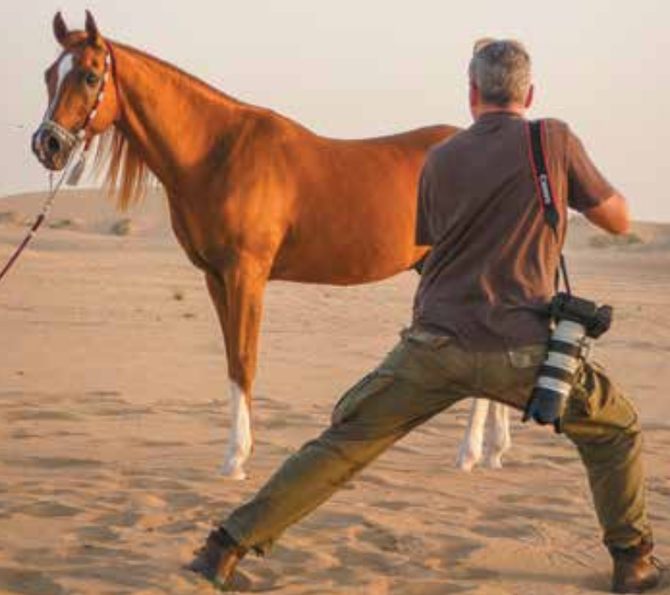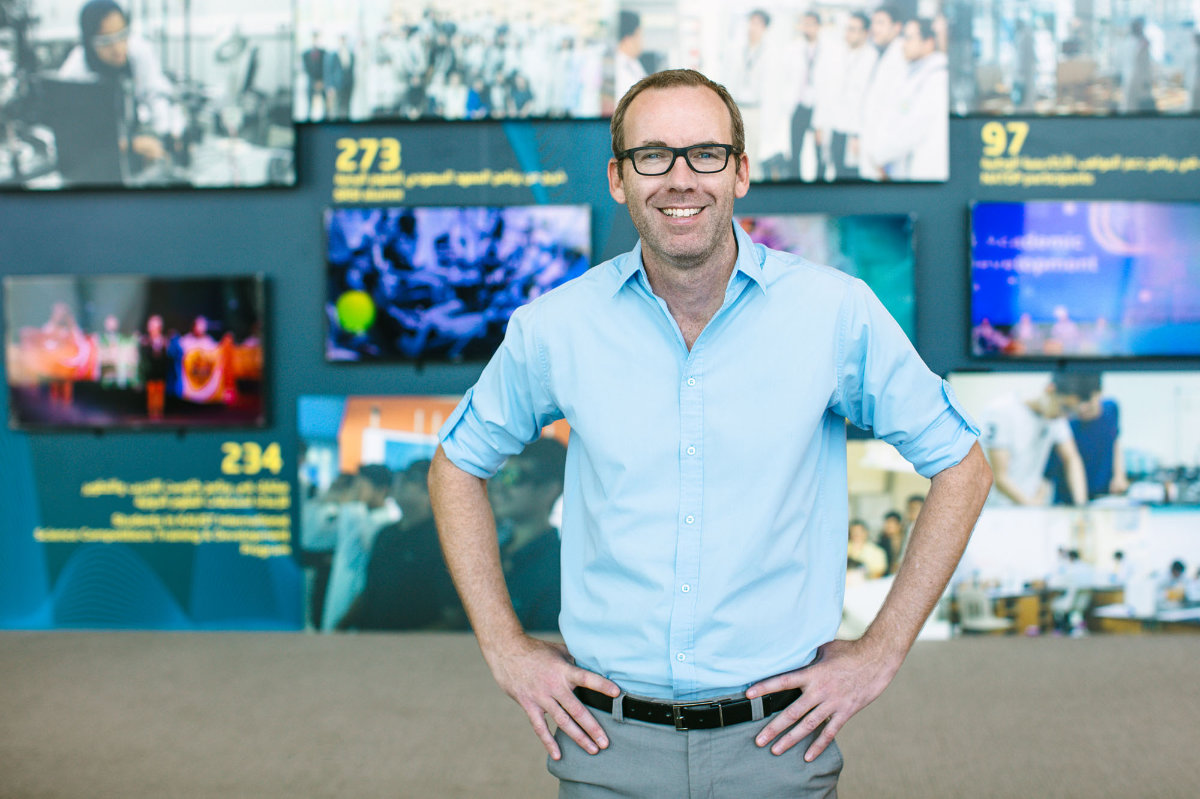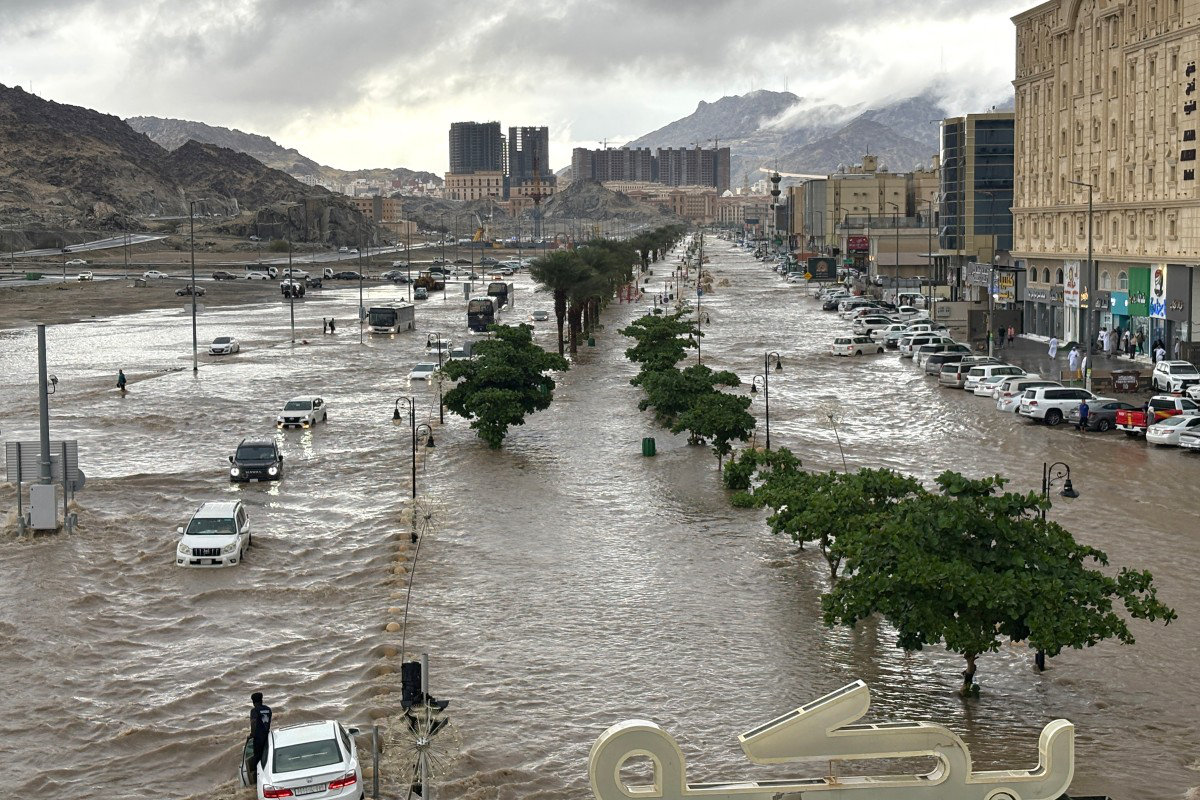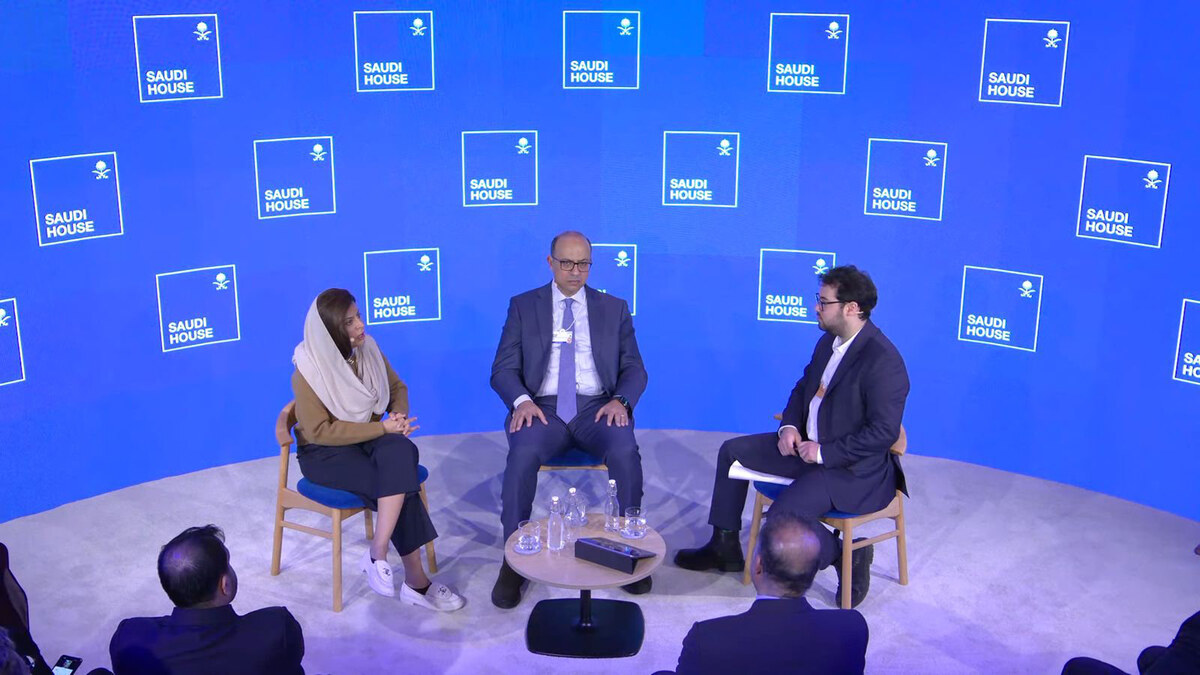RIYADH: The Arabian horse and hunting falcon are important historical and cultural symbols for the Arab world, both ancient and modern.
Now a Riyadh gallery is highlighting this enduring bond with a series of portrait studies of both creatures by Tariq Dajani, a Jordanian photographer and printmaker.
Arabian horses have been the subject of songs and poetry praising their individual and physical qualities down through the ages.
However, Dajani, an owner of Arabians, chose to reflect his love of these creatures through photography and artworks.
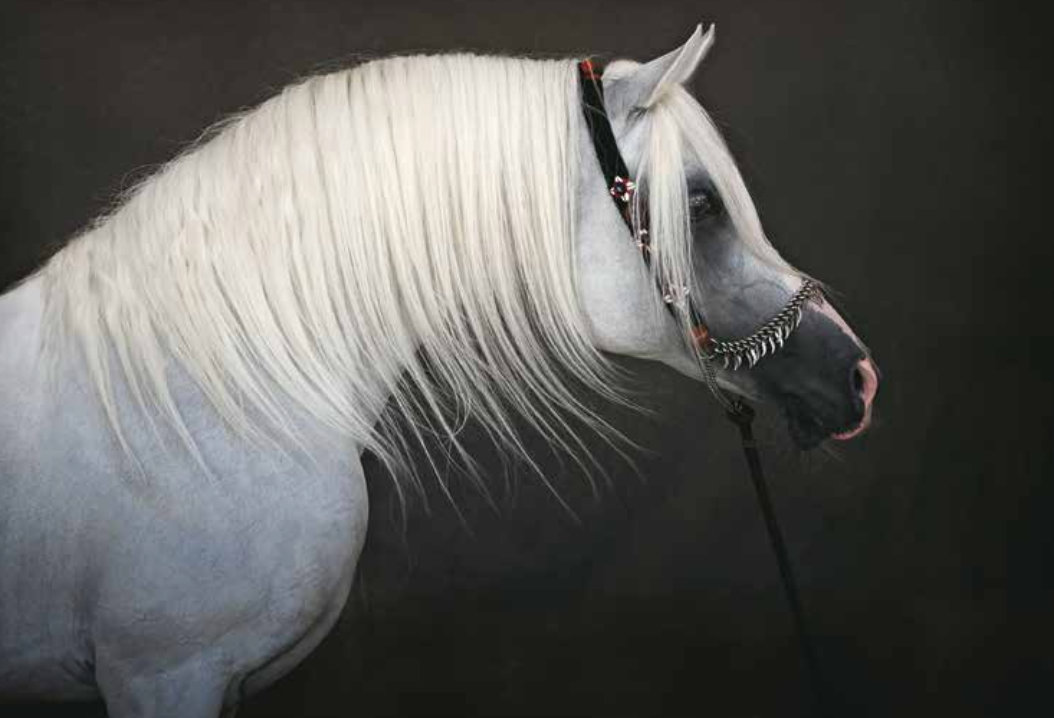
Arabian horses have been the subject of songs and poetry praising their individual and physical qualities down through the ages. (Supplied)
Over the years he spent many sessions photographing horses in his native Jordan, as well as the UAE and Saudi Arabia. Later, toward the end of the project, he added the hunting falcon, another symbol of cultural heritage and pride among Arabs.
Dajani’s first photographic exhibition of the horse and falcon series is on display at Ahlam Gallery in Al-Olaya, Riyadh.
Entitled “Drinkers of the Wind,” the exhibition is the result of 16 years’ work creating portraits of these magnificent creatures.
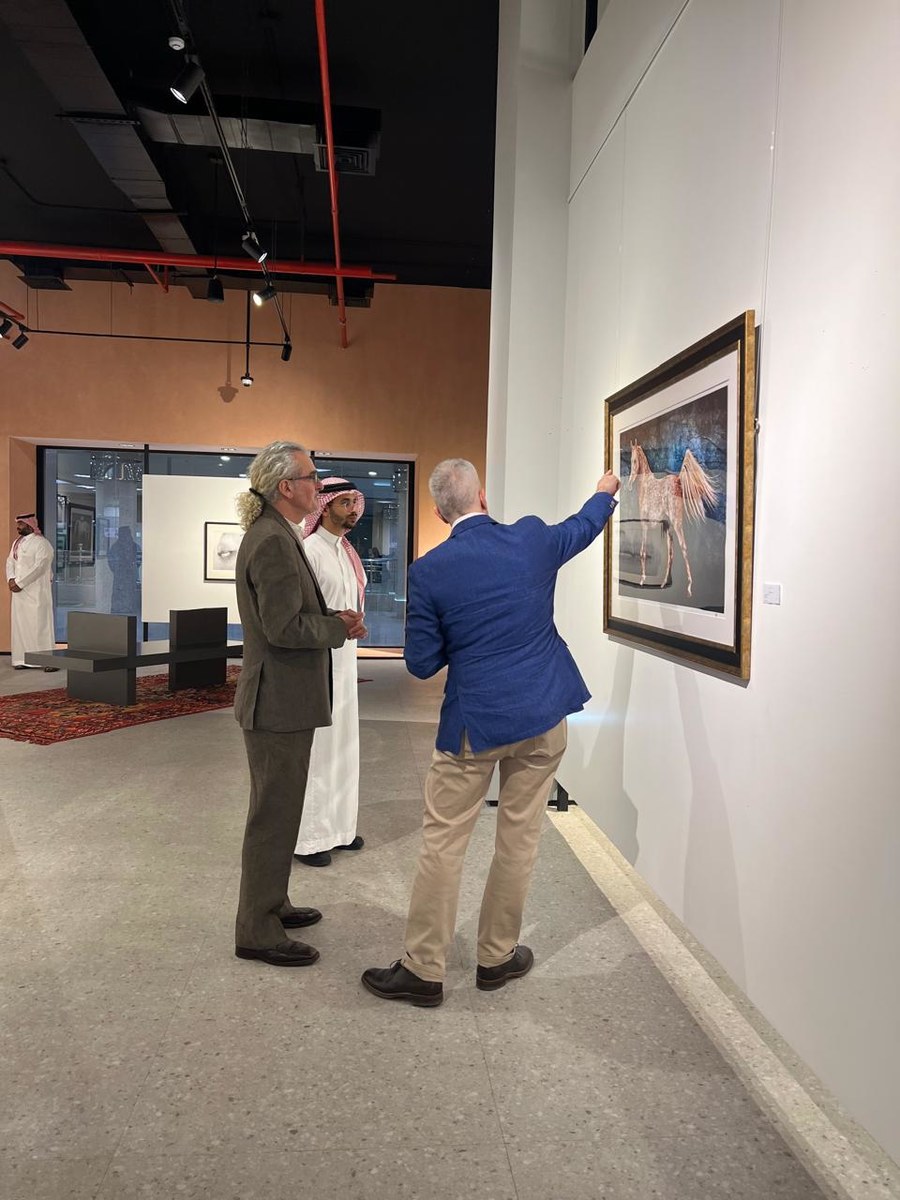
Tariq Dajani's exhibition at Ahlam Gallery, entitled “Drinkers of the Wind,” is the result of 16 years’ work. (Supplied)
Dajani told Arab News that he is delighted to be able to display his work in Saudi Arabia, “a country that is deeply connected to the horse and the falcon.”
Ahlam Gallery is the perfect place to showcase these artworks, he added.
Dajani’s treatment of his subjects is not in the usual natural or romantic manner. Instead, and this is partly what sets his art apart, he uses a studio portrait approach, where he takes his studio to the stables or falcon sheds, and spends time carefully working on portrait studies of the creatures.
“My aim is to find a connection of sorts with the horse or the birds,” he said. “I am not interested in documenting the creature; I try to go deeper, to express something emotionally if I can.
“I was living in Sweden when I decided to photograph the Arabian horse. So I had to return to the Middle East, and I started with Jordan, my home country.
“The way I approach the work is to present the horse on a backdrop where all my focus — and thus the viewers of the final picture — will be on the animal itself and not on the environment that it is in.”
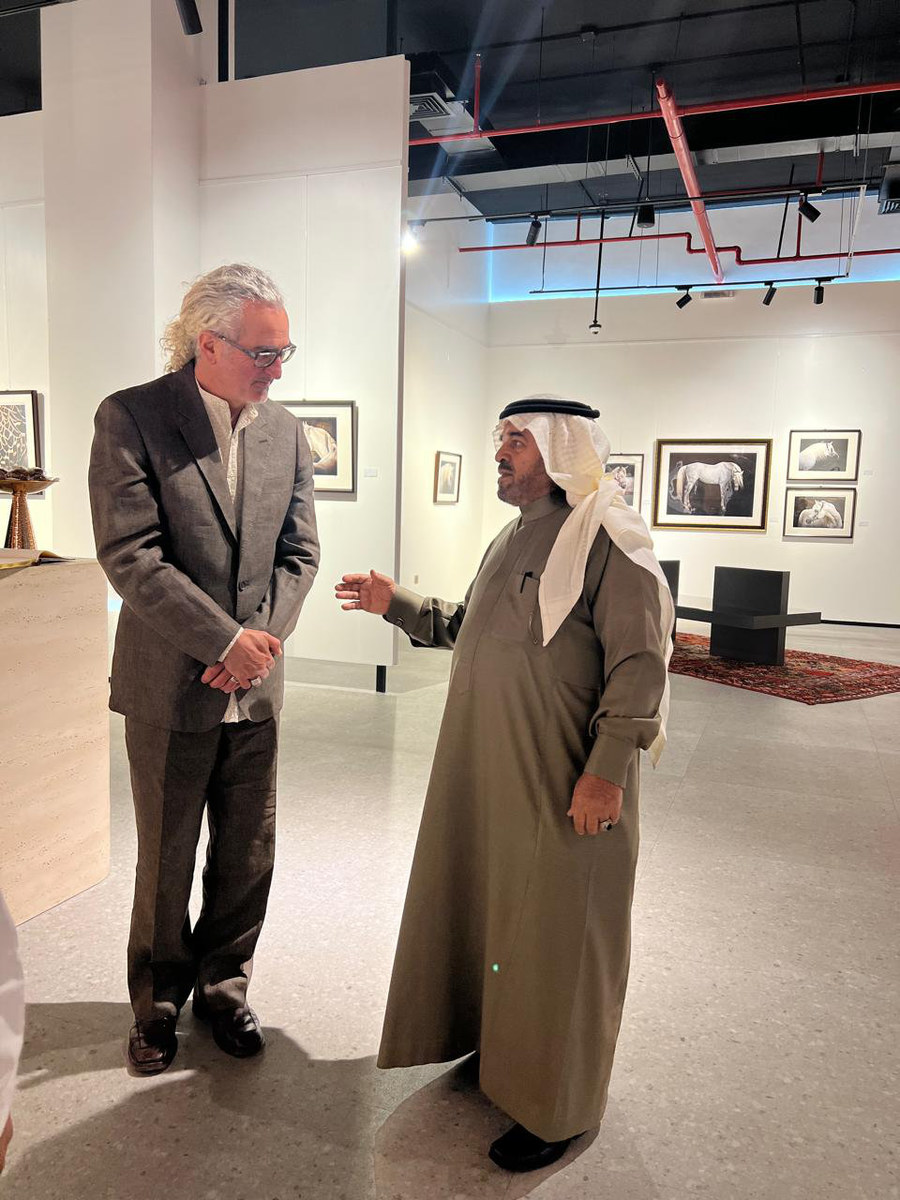
Tariq Dajani's exhibition at Ahlam Gallery, entitled “Drinkers of the Wind,” is the result of 16 years’ work. (Supplied)
While photographing in Jordan, Dajani met Princess Alia Al-Hussein, eldest daughter of the late King Hussein of Jordan. He presented some of his work to her, and received her enthusiastic approval.
Princess Alia gave him permission to photograph the horses of the Royal Jordanian Stud, and has continued to support his work over the years, opening his first two exhibitions in Jordan.
“I had access to some of the most beautiful horses in Jordan when I first started my project. My first exhibition solely of Jordanian Arabians was a great success,” Dajani said.
“Encouraged by the reception, and by now totally absorbed in this project, I went to Dubai, then Abu Dhabi, then Saudi Arabia, where I was presented with some of the most magnificent Arabian horses to photograph. Along the way, I introduced portrait studies of the hunting falcon. They, too, are strikingly beautiful and have a special place in Arab culture and heritage.
“I will always remain very grateful to Princess Alia for her initial support, and to many others for encouraging the work and opening doors for me along the way.”

Arabian horses have been the subject of songs and poetry praising their individual and physical qualities down through the ages. (Supplied)
One of his most striking photographs shows two mares bringing their heads together in a gentle greeting.
“This incredible and totally unanticipated greeting happened while I was photographing at the King Abdulaziz Arabian Horse Center in Dirab, south of Riyadh. The two mares were led out onto my backdrop studio space from opposite sides, and when they approached each other, they gently and courteously touched their heads as if to say hello,” he said.
“It was so special. No one had ever witnessed this before. We all held our breath as we watched in amazement. I frequently think that it would be nice if these sensitive, clever creatures could teach us humans a little bit of gentleness and respect.”
Dajani’s exhibition features high-quality photographic color prints, and a smaller collection of photogravure prints, produced by manually pulling an inked metal plate, engraved with the photographic image, through a traditional printing press — a slow and difficult process that produces prints with a special feel and texture.


